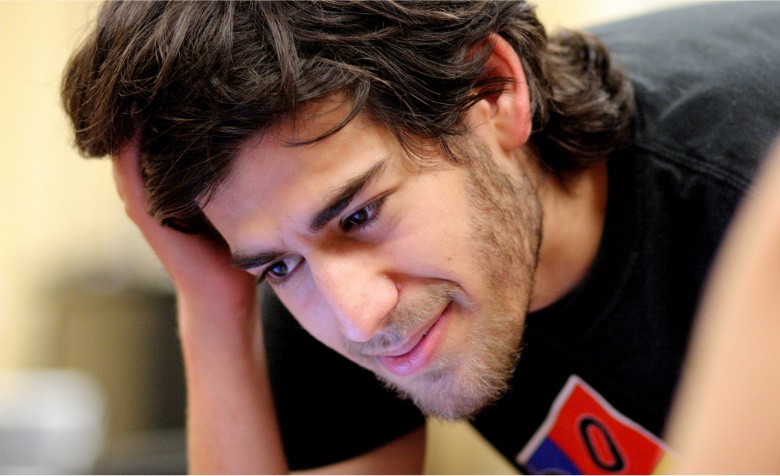
Remembering Aaron Swartz
This weekend, the Internet lost one of its biggest champions.
Aaron Swartz, age 26, died on Friday. The cause was suicide. The loss to his friends, colleagues, fellow activists and the Internet at large is enormous.
Aaron achieved so much in so little time. As a teenager he helped invent RSS, the technology that helped give birth to the Web 2.0, and he was an architect of Creative Commons, the alternative copyright-licensing system. He helped create reddit. He co-founded two progressive advocacy groups. And as countless friends and acquaintances have recalled, he wasn’t just a hacker: He had a boundless curiosity that propelled him to learn and write about history, politics, mental illness, food — just about anything.
Behind Aaron’s technological and political accomplishments lay his fundamental belief in free culture and information; he believed these were matters of social justice. Naturally, he was instrumental to the fight to stop the Web-censorship bills SOPA and PIPA — as an activist, a Web developer and a public intellectual.
Aaron’s radical dream led to radical actions. At the time of his death, he was embroiled in a legal battle stemming from the unauthorized downloading of millions of documents from the JSTOR academic database, for which he faced a potential 35-year prison sentence and more than a million dollars in fines. He also suffered from clinical depression, which he documented with the intelligence and openness that defined him.
Today memorials and remembrances about Aaron abound online. Cory Doctorow explains who Aaron was and what we have lost. Aaron’s longtime mentor and friend Lawrence Lessig discusses the prosecutorial “bullying” that may have contributed to Aaron’s death. World Wide Web inventor Sir Tim Berners-Lee wrote “Wanderers in this crazy world, we have lost a mentor, a wise elder. Hackers for right, we are one down, we have lost one of our own ... Let us all weep.”
Director of MIT’s Center for Civic Media Ethan Zuckerman remembers playing Rock Band with Aaron. Matt Stoller reminds us that Aaron’s political interests and acuity went far beyond Internet issues. The Nation’s Rick Perlstein recalls the ways in which he and Aaron educated each other.
We’ll never know what would have happened had Aaron’s case gone to court. But more importantly, we’ll never know what else Aaron could have contributed to the Internet, to our politics and to our culture. Rest in peace, Aaron.
Original photo by Flickr user Sage Ross